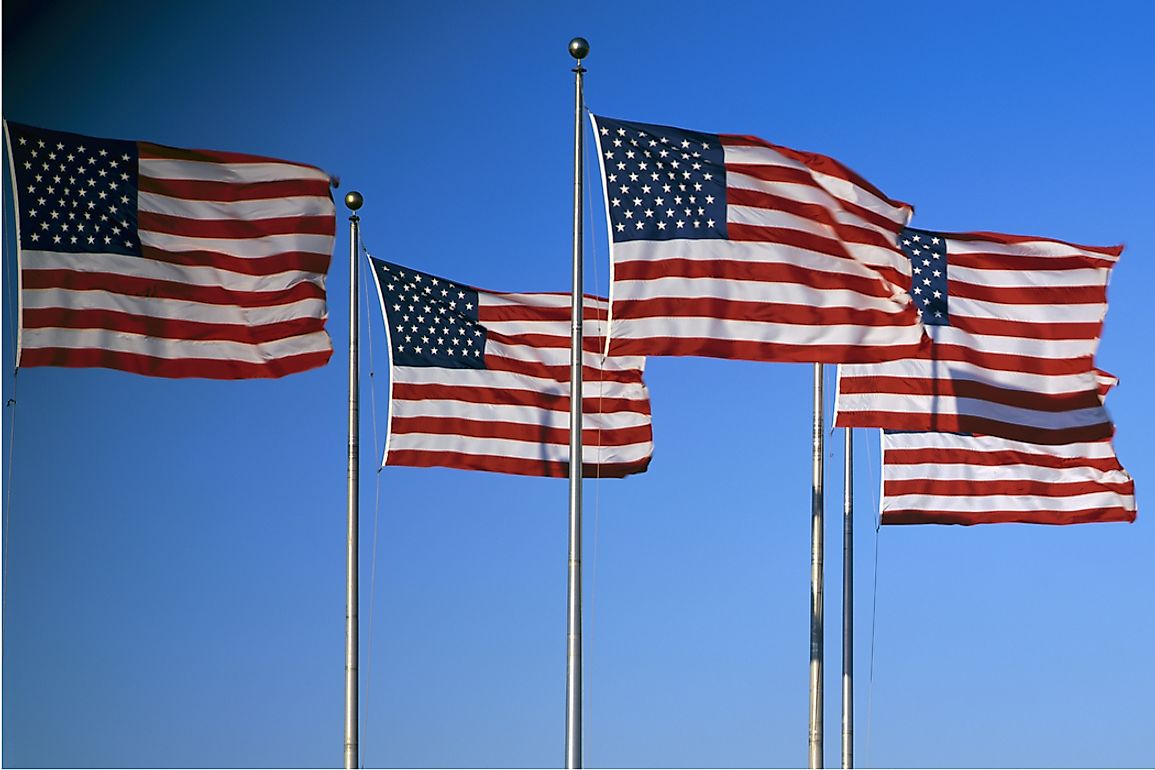What is Jingoism?

During the better part of the year 2014, the United States of America alongside its allies in the Western world have engaged in a harsh debate over the attempt by separatists from Russia to seize a section of the Crimea. Some government officials pushed for punitive actions to be taken against the Russia in the form sanctions while others advocated for the use of the military to solve the problem. The later has been criticized as a manifestation of jingoism.
What is Jingoism?
Jingoism is a term used to summarize a political thinking that advocates for military intervention or use of threats to resolve international conflict instead of using peaceful means or diplomatic approaches. Jingoism is always characterized by the expression of patriotism and supremacy.
This word “jingoism” was borrowed from the European slang term ‘jingo’ that was used by many individuals as an exclamation in a manner that excludes the phrase ‘by Jesus’ or ‘by God.’ It is believed by many that jingoism was introduced in 1878 In Britain through a patriotic song. Later, the term jingoism became a daily vocabulary among the British citizens and was often used to describe people who subscribed to the sentiment of the song or expressed aggressive nationalism.
Origin of the Term
Russia battled with Turkey in the war of 1877. The government of Britain under the leadership of Benjamin Disraeli had a concern that the security in the pathways to the empire of India would be compromised if the Constantinople fall in the hands of Russians. To avoid being drawn into the conflict, the British government chose to be neutral in the conflict as long as her interests are safeguarded. However, as the days went by, the British interest had been threatened, and it became visible that Britain might be involved in the Crimea War. Many peaceful campaigns were held to urge the British government to avoid its involvement in the war. The campaigns had seemed to attain its objective until January 1878 when the effort deteriorated, and the public opinion changed. G.W. Hunt became the first person to push for jingoistic style between 1830 and 1904. In his song, he represented the opinions of those who pushed for firm stand by the Britain government against what they saw as Russia aggression.
The song became one of the popular songs in London from 1845 to 1901, and those who sang were nicknamed Jingoes. In one of the stanza, the word ‘jingo’ appears to suggest that upon their supreme being, they would fight. It reads “we do not want to fight but by Jingo…’ And from that day onwards, jingoism became the daily vocabulary on the libs of jingoes and their assertive policies.
The quick spread of jingoism did not in any way suggest that Britain had never gotten into conflicts with other nations. Britain had clashed with Spain and France, but the difference here is that the Russia conflict occurred at a time Britain was becoming more democratic. The illiterate citizens under the influence of music-hall songs’ sentiment and easily available press content pressed for aggressive government foreign policies. The act worries the educated electorates who saw the undue pressure subjected to the government by the less educated and the possibility of the government yielding to it. For this period, jingoism cemented its existence in the global community.
Examples and Usage of Jingoism
Jingoism was first widely utilized in the United States of America throughout the 1890s to describe the aggressive push by the Republic Party for the annexation of Hawaii. President William McKinley in 1898 was re-counted to have used the term in one of his statement that government would not be jingoed into fighting. Whether the certainty of that statement is in doubt or not, the Western nations were aware of the phenomenon immediately before the start of World War I. Also, many politicians in the US have used the term to refer to foreign policies advocated by President Teddy Roosevelt and the Spanish-America War.
Britain and Germany, among other countries that had overseas colonies, have been referred as jingoistic. Their actions during that time led to the occurrence of the First World War.
The Cold War was driven by the jingoism in which the United States and its allies influenced affairs of other countries in the name of defending them against the perceived enemies. Also, the USSR utilized the same story to spread communism in the world, especially in the Eastern Europe.
As late as the period during the Iraq War, neoconservatives pushed for the war under the pretext that they were spreading democracy, capitalism, and what they called American values. Their support has been viewed as jingoistic.











